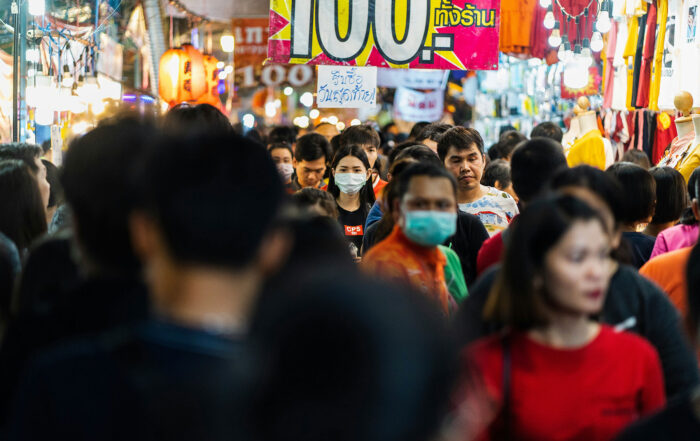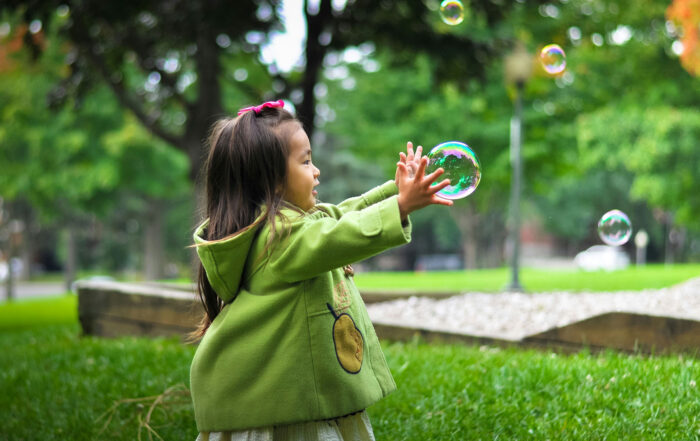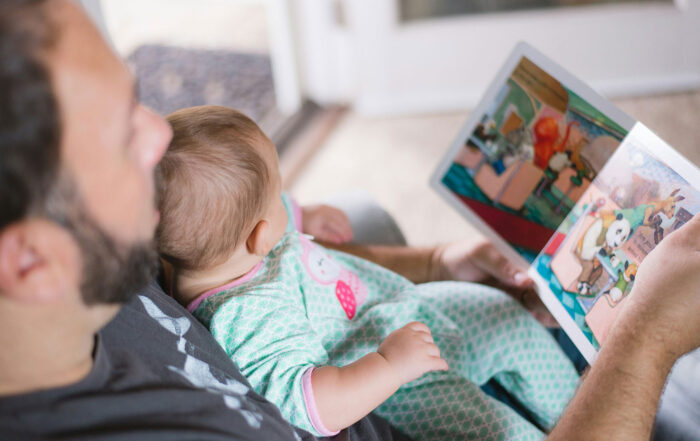
By Julie B. Kaplow and Mark W. Kline
No infectious disease since HIV/AIDS in the 1980s has captured the world’s attention in the way COVID-19 has. The HIV/AIDS pandemic is still with us nearly 40 years later. Effective treatment has made HIV/AIDS a manageable medical condition rather than the almost certain death sentence it was in the beginning, but a vaccine still eludes us. More than 32 million people have died of HIV/AIDS since the beginning of the pandemic, including about 700,000 Americans. Children were almost an afterthought in the early days of HIV/AIDS. Many children died, and even more suffered emotionally in response to the deaths of caregivers and relatives.
So far, it appears that children are being spared the brunt of the COVID-19 pandemic from a physical health perspective, but there is no doubt that there will be lifelong mental health consequences. Proactive measures implemented now, including raising awareness regarding children’s trauma and grief-related responses to the pandemic, can mitigate these potentially debilitating outcomes.
Research tells us that youth who have experienced prior traumas and losses — nearly half of U.S. children — are at significantly higher risk of developing mental health problems in the face of current adversity.
Share This Post!
California Surgeon General on Covid: ‘Greatest collective trauma’ of a generation
By Maanvi Singh When Dr. Nadine Burke Harris was first appointed California surgeon general, she set out to address the toxic stress and trauma plaguing the state’s most vulnerable residents. Then [...]
States Address ACEs and Trauma and Build Resilience
By Anna Heard Adverse childhood experiences (ACEs) are potentially traumatic events that can affect a person’s health, well-being and success into adulthood. The COVID-19 pandemic has exacerbated these dynamics by disrupting [...]
Adult ADHD and Childhood Trauma: Is there a link?
By Keri Wiginton If you’re an adult with ADHD, you’re among millions of other grownups who also live with it. Scientists know your genes play a major role in your chances [...]
Uvalde Shooter exhibited ‘almost every warning sign’ expert says
By Nadine El-Bawab The Texas House of Representatives committee report on the Robb Elementary School shooting revealed the accused school shooter exhibited many warning signs in the years, months and days leading [...]
Traumatic Bonding
By Kelly L. Burns, MA, LPC, ATR-P A traumatic bond occurs when you are involved in an abusive relationship, and the abuser becomes an essential part of your life. Abusive relationships [...]
Ukraine’s First Lady Olena Zelenska Takes On the Trauma Of War
By Simon Shuster/Kyiv lena Zelenska, the First Lady of Ukraine, got to bed late on the eve of the Russian invasion. Her kids were long asleep in the presidential residence south [...]







